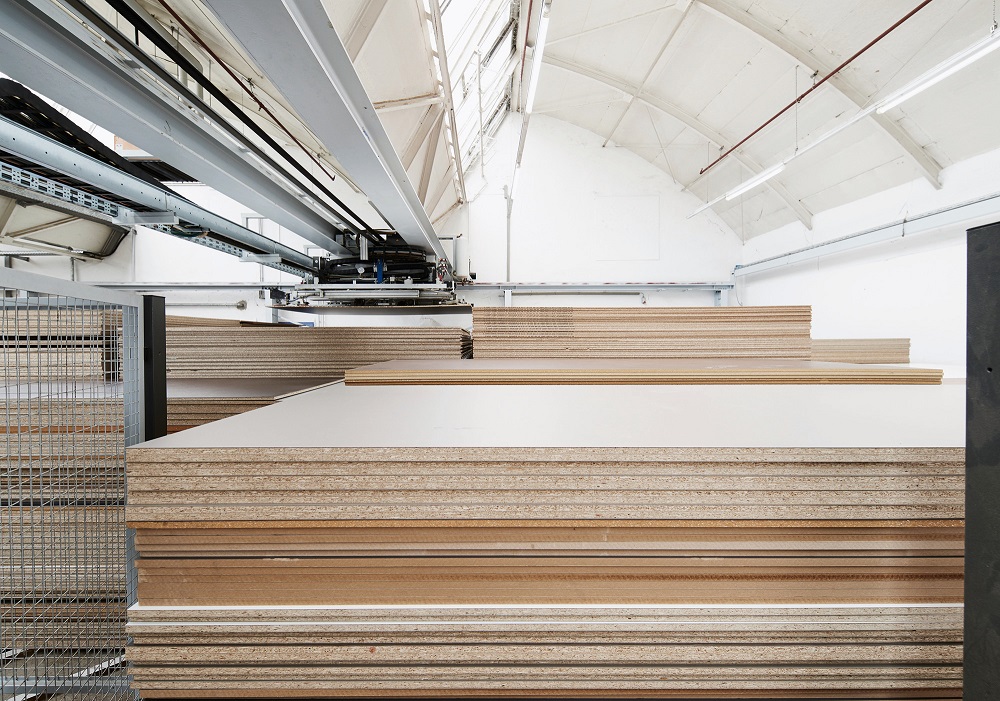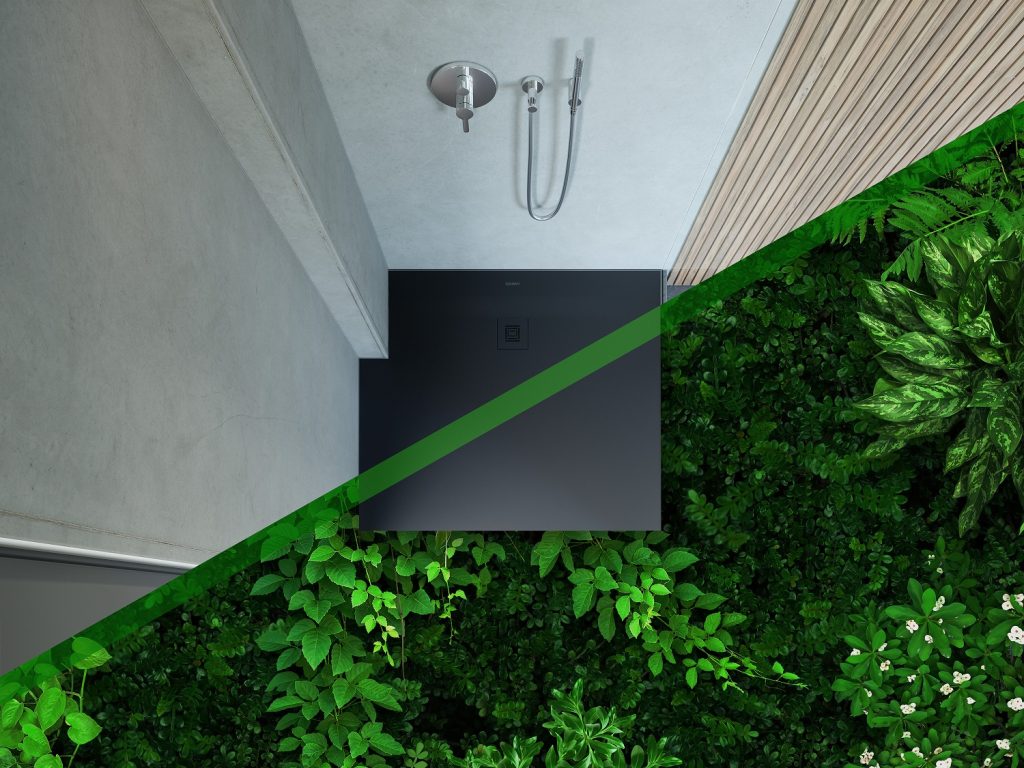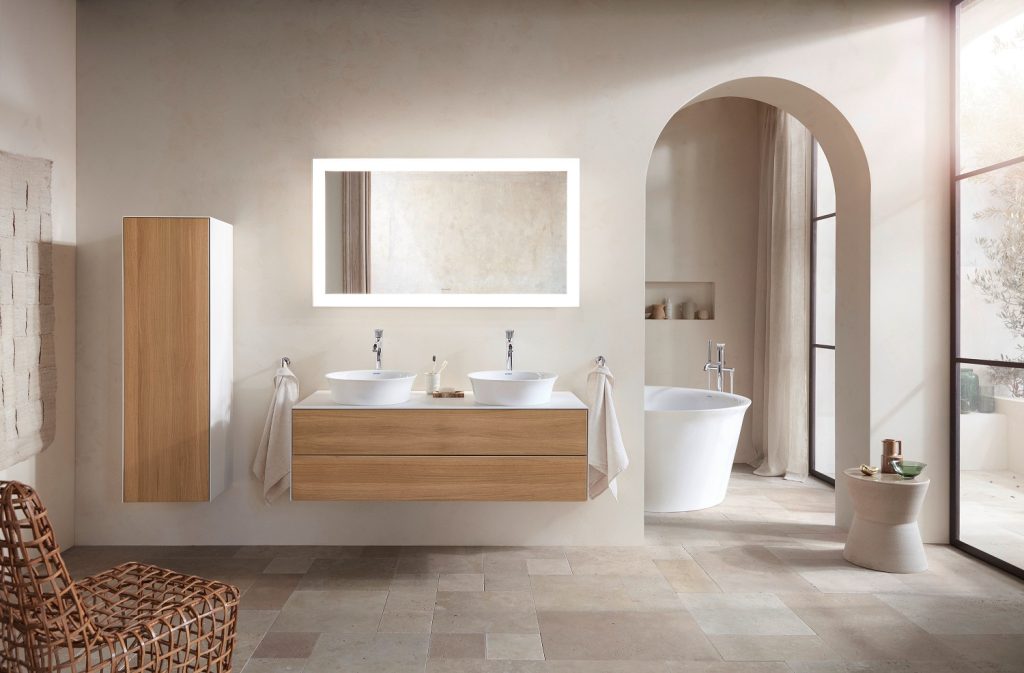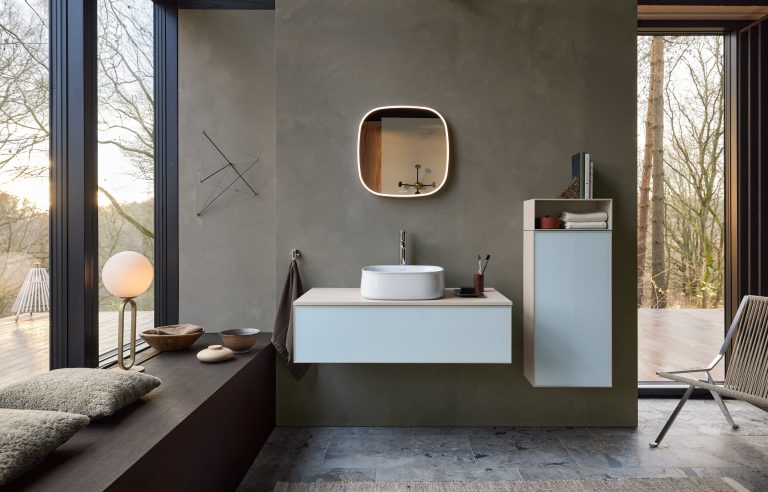According to Duravit the company is constantly researching innovative and ecological materials to help reduce CO2 emissions to enable durable and sustainable products to be manufactured. The complete bathroom supplier from the Black Forest says it is mindful of its responsibility to the environment, employees, and future generations.
Here, Duravit explains how it sources materials and the manufacturing processes it employs.
Ceramic sanitaryware: robustness & raw materials


Ceramic sanitary products are among the most durable and robust of all: easy to care for, resistant, scratchproof, and heatproof. This is one of the key reasons why Duravit says it offers a lifetime guarantee on most of its sanitary ceramic products. The complete bathroom provider uses natural raw materials in its manufacturing processes including: clay, kaolin, quartz, and feldspar, these are available globally, so Duravit’s international manufacturing sites can source and process the basic materials from their own regions. The shorter transport routes reduce CO2 missions, whilst guaranteeing secure, stable, and local sourcing of raw materials.
DuraCeram®: less material = fewer emissions
Duravit explains the DuraCeram® material used is a testament to how high design standards and sustainability can be combined: conventional bathroom ceramic, has a wall thickness of 12 to 14 mm, but DuraCeram® offers a thinner wall without sacrificing strength. The delicate design of the washbasins means they are 28 percent lighter, further reducing the consumption of raw materials: DuraCeram® has enabled Duravit AG to save an average of around 60 tonnes of raw materials each year since 2016.
DuroCast Nature: the first recyclable mineral material
According to Duravit, DuroCast Nature sees Duravit take a pioneering role in recyclable materials: the mineral material DuroCast Nature is made from polyurethane mixed with marble powder and sealed with a gelcoat surface.
This composition gives the material excellent properties making it: robust, UV-resistant, easy to clean, with maximum anti-slip properties on the matt surfaces. Perfect to use in the bathroom, which is why Duravit says it has developed Sustano, its first recyclable shower tray.
Thanks to a low weight, Sustano shower trays are lighter to transport, which helps reduce CO2 emissions, and at the end of their useful life, the DuroCast Nature shower trays can be returned to Duravit or a local recycling centre. In keeping with the life-cycle principle they can then be made into new shower trays, or processed for other industrial purposes.
Wooden furniture: a challenge in the bathroom

The bathroom is a challenging place for wood as a raw material as temperature fluctuations and the prevalence of moisture place a great strain on the material. Therefore the bathroom furniture made by the Duravit attaches great importance to surface treatment, as ultimately, a sealed surface is crucial for bathroom furniture to prevent moisture from getting into the wood.
A high-quality finish ensures the durability of the product, but the quality is a key factor; from the moment the raw materials are selected through to their delivery to the Schenkenzell site. Duravit’s bathroom furniture is manufactured here it is PEFC*- certified and this quality seal ensures sustainable forestry.


